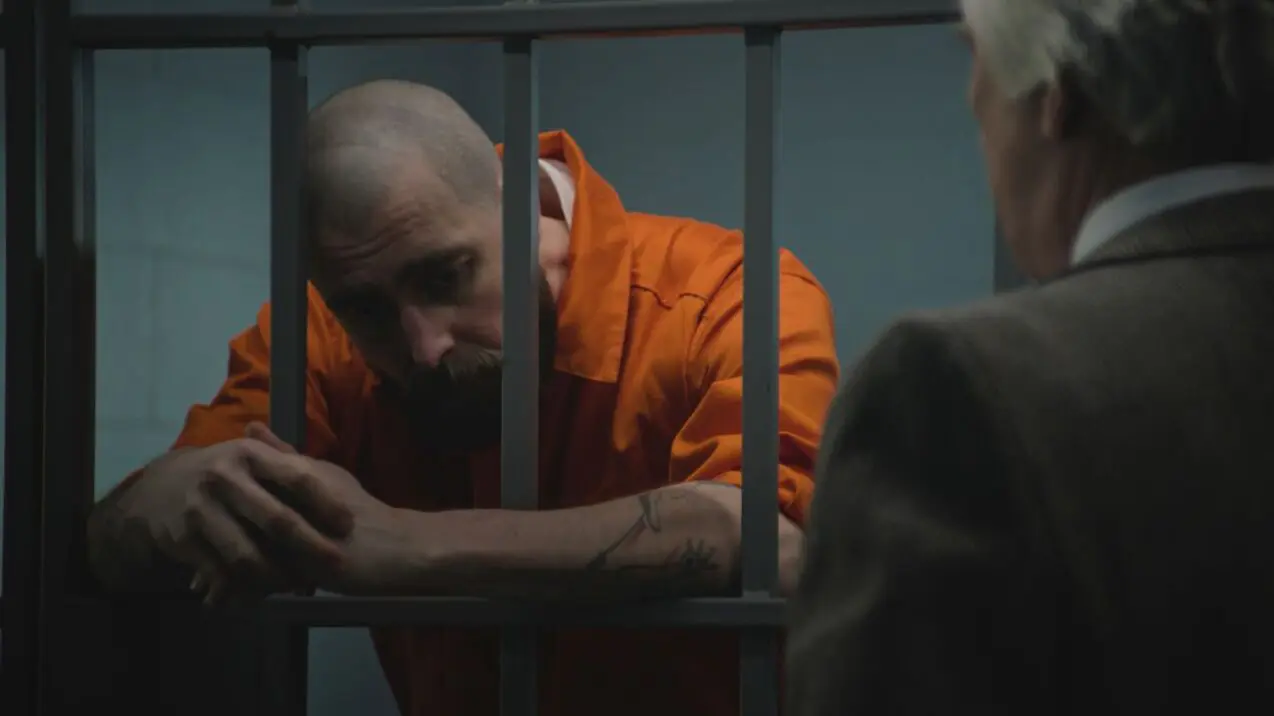Robert DuBoise spent 37 long years in prison before finally clearing his name. His conviction, based on dubious bite mark evidence and unreliable testimony from a jailhouse informant, was overturned in 2020, revealing a series of unsolved murders in Tampa from 1983.
According to Bay News 9, in 1983, Robert DuBoise was arrested and subsequently convicted for the rape and murder of 19-year-old Barbara Grams, whose body was found behind a dentist's office in Tampa. The prosecution's case leaned heavily on an alleged bite mark on Grams' cheek, which a forensic dentist claimed matched DuBoise's teeth, as well as testimony from a jailhouse informant who alleged that DuBoise had confessed.
DuBoise always maintained his innocence. Meanwhile, the real perpetrators—now identified as Amos Robinson and Abron Scott—continued their crimes. Recent investigations unveiled that Robinson and Scott were involved in a string of murders throughout Tampa during the same period, including those of Linda Lansen and Herminia Grillo Castro, alongside Barbara Grams.
New DNA testing, which became possible when biological evidence preserved from Grams’ autopsy was rediscovered, proved that neither Robert DuBoise nor his friends committed the crime. Instead, it implicated both Robinson and Scott, who are already serving life sentences for other murders.
“I’m grateful to even be sitting at a red light,” DuBoise said to Tampa Bay Times upon his release, demonstrating an “uncommon capacity for grace and forgiveness,” despite his lost decades. The tireless work of the Innocence Project and a conviction review unit led by Hillsborough State Attorney Andrew Warren eventually led to DuBoise’s exoneration.
This landmark case also highlighted the problems with bite mark evidence, which has now been largely discredited by scientific studies showing its unreliability. Experts now caution against using bite mark analysis to identify suspects, a stance echoed by former forensic odontologist Richard Souviron, who had instructed the original conviction against DuBoise.
The collapse of DuBoise’s conviction has also spurred further investigations, potentially linking Robinson and Scott to additional unsolved homicides from the 1980s. Although Robinson has refused to discuss these cases, Scott has recently confessed to his and Robinson’s roles in multiple murders, including the Grams case.
As for DuBoise, he is focusing on building a new life, albeit altered permanently by his years in incarceration. He is also battling for recognition and compensation for his wrongful imprisonment, advocating for systemic changes to prevent other such injustices. Despite his recent financial settlement from the state, DuBoise remains driven by a desire to ensure no one else suffers as he did.
“I just want people to understand the value of a life and the importance of seeking the truth,” DuBoise told the outlet. Duboise continues to share his story while pursuing a sense of peace and normalcy in his newfound freedom.

 Nordstrom to be acquired by Nordstrom family and a Mexican retail group for $6.25 billion
Nordstrom to be acquired by Nordstrom family and a Mexican retail group for $6.25 billion
 CNN's Lauren Fox breaks down findings of House Ethics report on Matt Gaetz
CNN's Lauren Fox breaks down findings of House Ethics report on Matt Gaetz
 Bangladesh seeks extradition of ousted leader Sheikh Hasina from India
Bangladesh seeks extradition of ousted leader Sheikh Hasina from India
 Pandas An An and Ke Ke celebrate their 1st Christmas in Hong Kong
Pandas An An and Ke Ke celebrate their 1st Christmas in Hong Kong
 Hyatt in exclusive talks with Playa Hotels on options, including buyout
Hyatt in exclusive talks with Playa Hotels on options, including buyout
 An analyst looks ahead to how the US economy might fare under Trump
An analyst looks ahead to how the US economy might fare under Trump
 Shohei Ohtani wins 3rd AP Male Athlete of the Year award, tying Michael Jordan for 1 shy of record
Shohei Ohtani wins 3rd AP Male Athlete of the Year award, tying Michael Jordan for 1 shy of record








